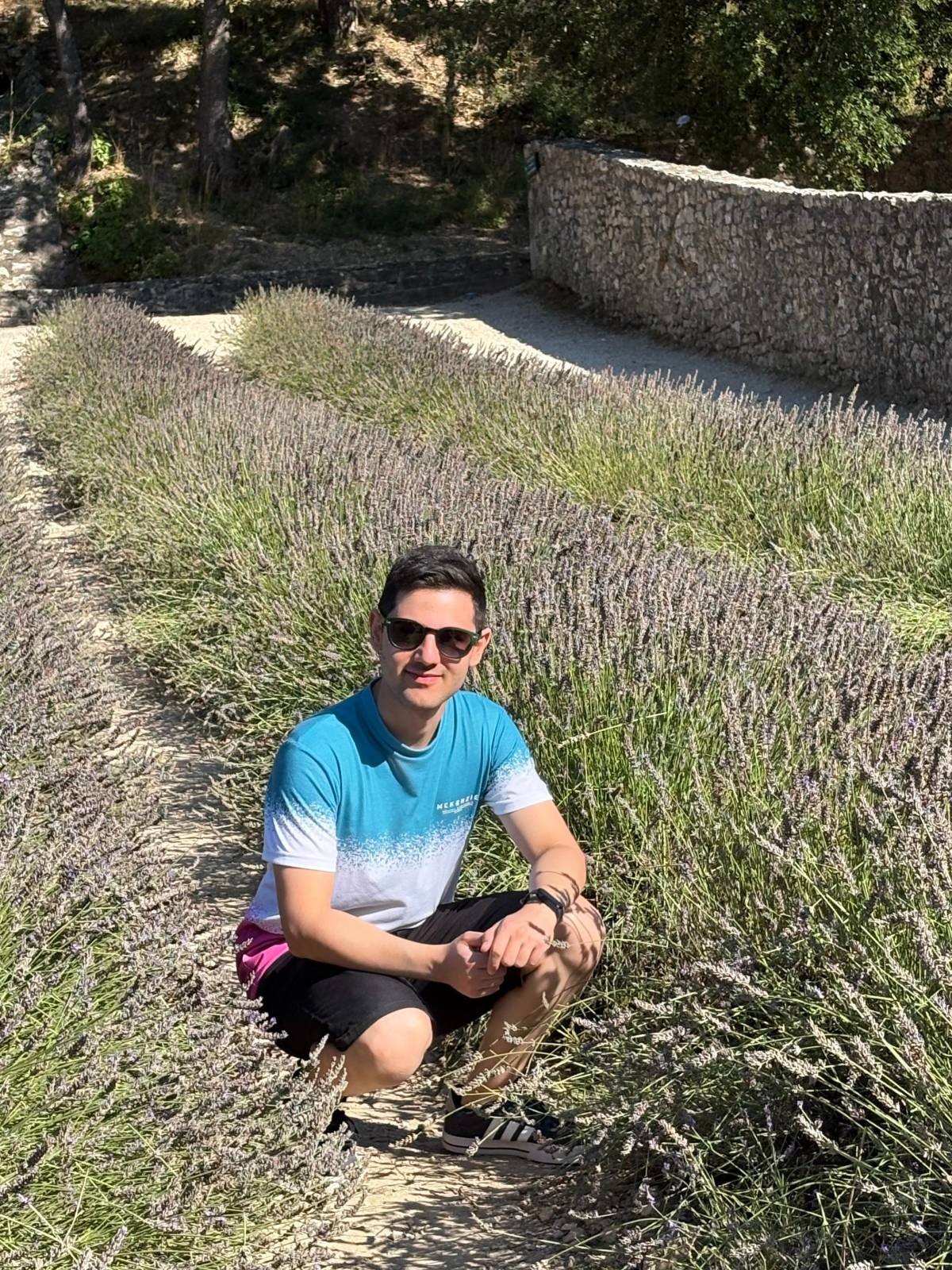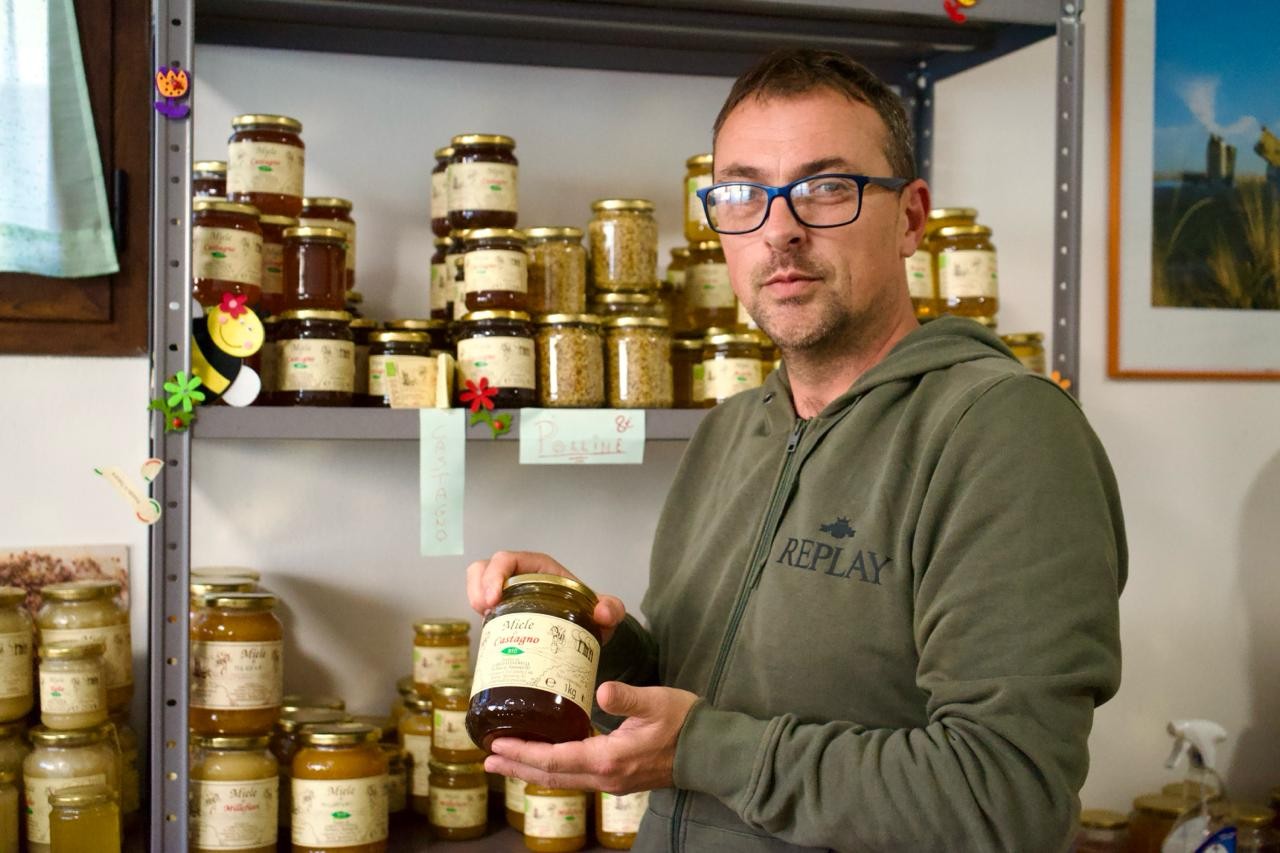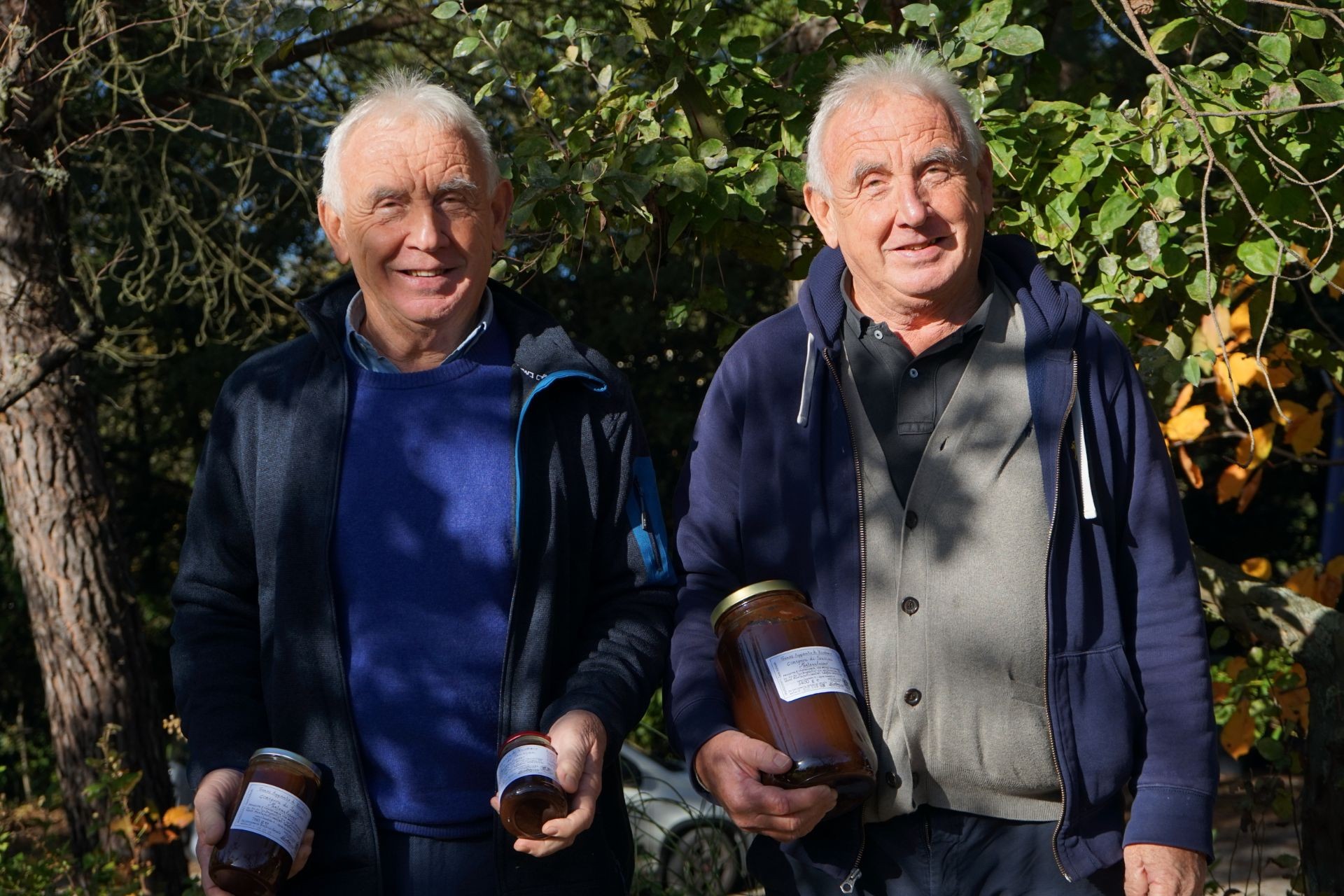Local Ambassador Stories: Carlo Stefanelli, Honey in Sinalunga
A journey among hives, blooms, and climate change: the daily challenge of beekeepers in the Valdichiana Senese
For Carlo Stefanelli, a beekeeper from Sinalunga, it all began in the countryside of Montisi. There, among the land, the animals, and a hive always bustling with life, a passion was born that has never left him: for bees and honey.
"I learned about bees like this, through my family," Carlo says: "I followed my father, and even as a child, I was fascinated by how that perfect system worked."
He was only six years old when an episode remained etched in his memory forever: while he was helping his father with the hives, the tunic his grandmother had sewn for him caught fire. As he tried to put out the flames, the bees attacked him, and he ended up in the emergency room. "Despite the fear, I never stopped being passionate about bees. Perhaps it's been since that day that I've had a deep connection with them" he comments.
From Family Passion to Profession
After studying Political Science in Florence, Carlo never stopped dedicating himself to bees: "I even took them to Fiesole in my father's Golf while I was at university," he recalls with a smile. "The friend who hosted me also became passionate about them thanks to me, and today he's a beekeeper himself."
Bees have always held a great interest in him: "Probably because they have a complex social organization, so it's interesting to understand how their functioning mechanisms are distributed." He continues: "The variety of approaches to beekeeping is also interesting: from queen selection to the production of royal jelly or wax, for example. It's not just about honey production; it's a complex ecosystem."
What began as a passion has transformed into a full-fledged profession: after 2010, Carlo opened his own company, now based in Sinalunga and with apiaries in Montisi. But the philosophy has remained the same: respect for nature, artisanal care, and product quality.
"When I started, I only had three hives. Now I produce acacia, chestnut, sulla, coriander, honeydew, heather, ivy, and wildflower honey."
The Bees' Journey: A Job in Motion
For Carlo, honeymaking means constant movement. To obtain authentic monofloral honey, each bloom requires a dedicated habitat: "I go to Pistoia for acacia, to the mountains for chestnut. Sometimes I work on farms that host us in exchange for pollination: a natural, equal exchange."
Today, Carlo renovates the hives built in the family carpentry shop by his father Gianfranco over 10 years ago and works alone, moving through fields and woods: "The most beautiful part of my job is what you see in the fields. The scent, the sound when you open a hive: it's an indescribable feeling."
Organic and Conscious Beekeeping
Carlo's farm is organically run.
This means no synthetic drugs, only natural remedies like oxalic acid and formic acid, in accordance with organic farming practices, and administered with great care. "It's more complex and less profitable," he explains, "but it's the only way to guarantee honey with very few chemical residues."
Choosing organic also entails risks: "When diseases like varroa strike, I can't intervene with traditional methods. And if my bees come into contact with unmonitored hives, I could lose entire colonies."
A challenge exacerbated by the rise of amateur beekeeping: "It's great that people are getting closer to bees and producing their own honey, but those who aren't familiar with the rules can seriously harm professional beekeepers; information is needed."
Honey as Culture and Biodiversity
Carlo believes that beekeeping isn't just about production, but also about education and culture. He often visits local schools, organizes guided tours of his apiaries, and has written a children's book, "Bees Explained to Children" (Tecniche Nuove), to introduce new generations to this extraordinary world.
"The added value of my work is providing accurate information," he says. "Not all honey is the same, and inside every jar there's a story, a landscape, a season. The added value you get from speaking with a direct producer like me is having complete and accurate information. And having a few varieties of honey, but native and of good quality."
Climate Change and New Challenges
In recent years, climate changes have made the beekeeper's job increasingly difficult: "Springs with sudden frosts or excessively dry summers can wipe out flowering," explains Carlo. "And for us, this means losing bees, and therefore honey."
In his laboratory, he still keeps his father Gianfranco's notebook, made from handwritten cards, where honey yields and varieties were recorded since 1985. Leafing through it, Carlo reflects on how much his work has changed: "Yields have more than halved in forty years, but I continue, because bees are part of me."
Today, every season is a different challenge: the nectar-producing potential of the plants changes from year to year, and the climate influences each harvest: "It requires intuition, experience, and a lot of flexibility."
"Many tell me this is a great job. I think it's a tough job," he adds, smiling. "It's about care, waiting, surprises. And a love of nature."
The Local Ambassador's favorite place
"A favorite place in the Valdichiana Senese is the area in the municipality of Torrita di Siena that extends from the Amorosa toward Trequanda: a hilly but also wooded area, with so much variety and very representative of our territory."











